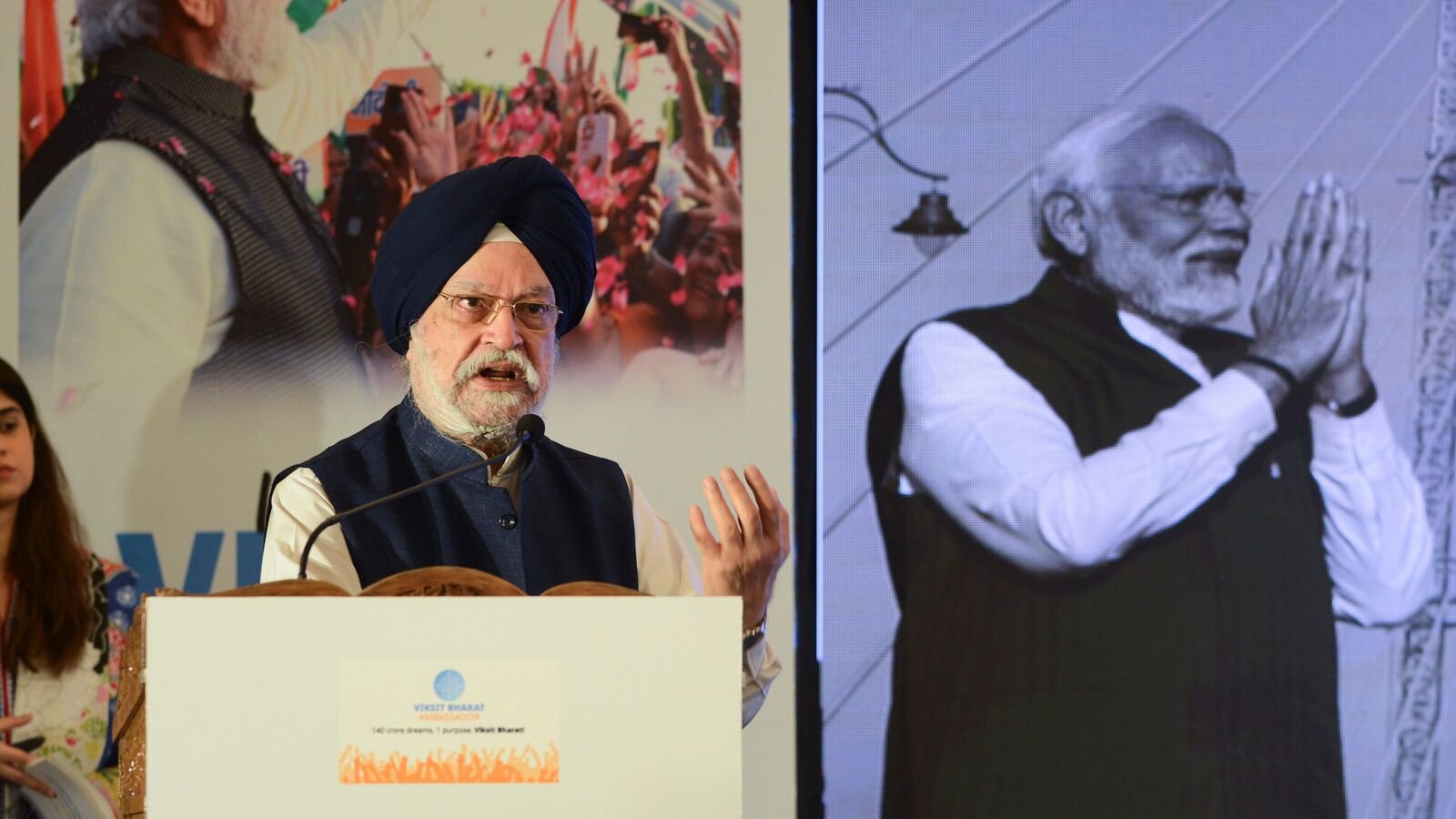The Union government has finalized a uniform policy for speeding up organ transplants across that foes away with the need to screen organs at the airports.
The policy drafted by federal policy think tank Niti Aayog in consultation with the ministries of civil aviation, housing and urban affairs, railways, transport and highways, ports and shipping, home affairs and defence calls for all involved ministries to appoint a nodal officer for coordination and speeding up the process.
The policy aims to speed up the process of transporting a live organ between hospitals or cities. Organs have a limited shelf life and the transport involves coordination between various agencies.
“The SoP (standard operating practice) serves as a guiding document for transplant professionals and stakeholders across the country for seamless transport of human organs through various modes namely—road, airways, railways and water,” said a senior health ministry official.
India carries out the third-highest organ transplants and second-highest corneal transplants in the world. In 2023, it had more than 1,000 deceased organ donated for the first time.
Organ donation rate is less than 1 per million
However, the organ donation rate is still less than 1 per million. The total number of organ transplants done per year in the country has increased from 4,990 in 2013 to 17,168 in 2023, as per the health ministry data. This data includes both live and deceased organs.
The SoP says each mode of transportation has to create a green corridor in their respective area for quick transportation of the organ.
The organ is to be accompanied by medical personnel.
For transport of human organs by air, the SoP ensures maintenance of the organs at appropriate conditions in a security-controlled environment with proper packaging and labeling on the organ box. The SoP further stated that Bureau of Civil Aviation Security exempts X-ray screening of the organ box.
It mentions that staff carrying/ accompanying the organ box should be given priority in deboarding for which an in-flight announcement can be made by the pilot in-command & cabin crew may facilitate the process.
Similarly, for the transport of live organ by ambulance or any other vehicle it defines that no human organ for transplant shall be allowed to be transported from outside the territory of India.
“The “One Trigger System” i.e. a request from the organ allocation authority to initiate the process of organ transport by creation of green corridor, may be considered. This may help minimize the concerns around internal security as the request would be obtained from a credible source,” it said.
“A nodal officer from the police department may be appointed to handle issues related to the creation of green corridor for organ transport in each state/city.” the official said.
In case of transport of live organ by metro, Travel tickets/tokens should be arranged beforehand for the passenger member carrying the organ box.
“An announcement may be made in the metro about the carriage of a live human organ on board and that the metro is a partner in saving a life,” the SoP said.
If organ is being transported through railways, the Railway Traffic Control to accord priority reach for the train carrying live human organs for transplant. Railways security shall keep a copy of the certificate issued by the authorized hospitals/medical institute for future record.
For transport of organ via water, the Waterways security staff and Inland Waterways Authority of India (IWAI) will check and verify all required documents and act promptly. Ports may display suitable signage on organ donation awareness. And if there is doubt about the package/box waterways’ content, security staff will inform their supervisor to take further necessary action.
Catch all theBudget News,Business News, Politics news,Breaking NewsEvents andLatest News Updates on Live Mint. Download TheMint News App to get Daily Market Updates.
MoreLess




